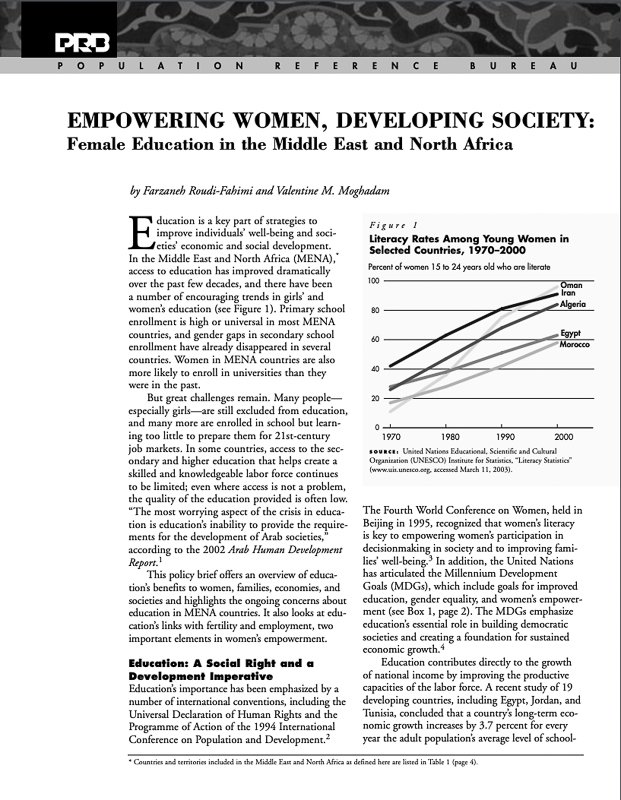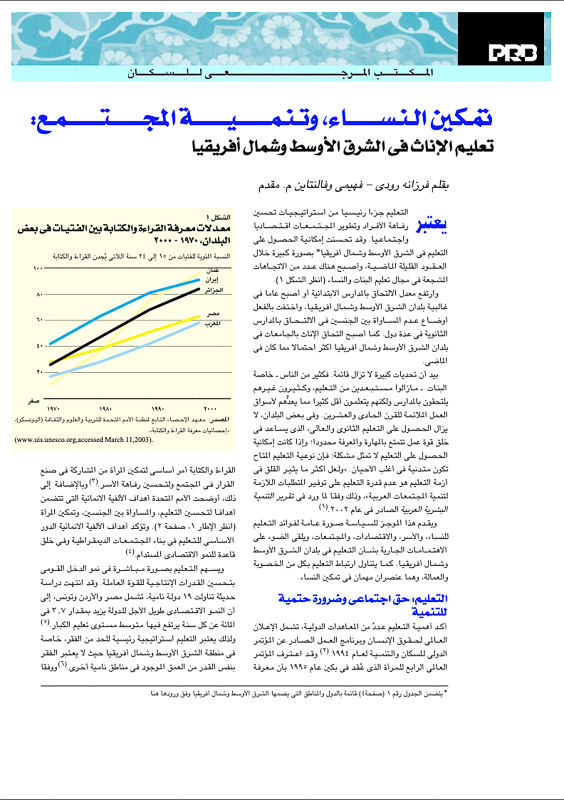KidsData
PRB leads the KidsData program, which advances children’s well-being in California by providing a high-quality, wide-ranging data website and collaborating with those who work on behalf of children.
PRB leads the KidsData program, which advances children’s well-being in California by providing a high-quality, wide-ranging data website and collaborating with those who work on behalf of children.
(2008) A new report from the Pew Research Center projects that immigration will propel the U.S. population total to 438 million by 2050, from 303 million today (see Figure 1). Along with this growth, the racial and ethnic profile of Americans will continue to shift—with non-Hispanic whites losing their majority status.

(2003) Education is a key part of strategies to improve individuals' well-being and societies' economic and social development.

(2019) Japan, Italy, and Germany top the list of the world’s oldest countries—if the data are based on the share of the population ages 65 and older.

(2003) Education is a key part of strategies to improve individuals' well-being and societies' economic and social development.
(September 2001) Two decades into the AIDS epidemic in North America, the face of AIDS is darker and increasingly female.
2008) Close to 200 million people are living outside their country of birth. Increasing numbers are refugees fleeing their homeland for another country.
(2010) Most poor children achieve less, exhibit more problem behaviors, and are less healthy than children raised in more-affluent families. Looking beyond these well-known correlations between poverty and negative outcomes in childhood, recent studies have assessed the effects of childhood poverty in the United States on later attainment and health.
(2010) There is an urgent need for stronger links between family planning/reproductive health and HIV policies, programs, and services.